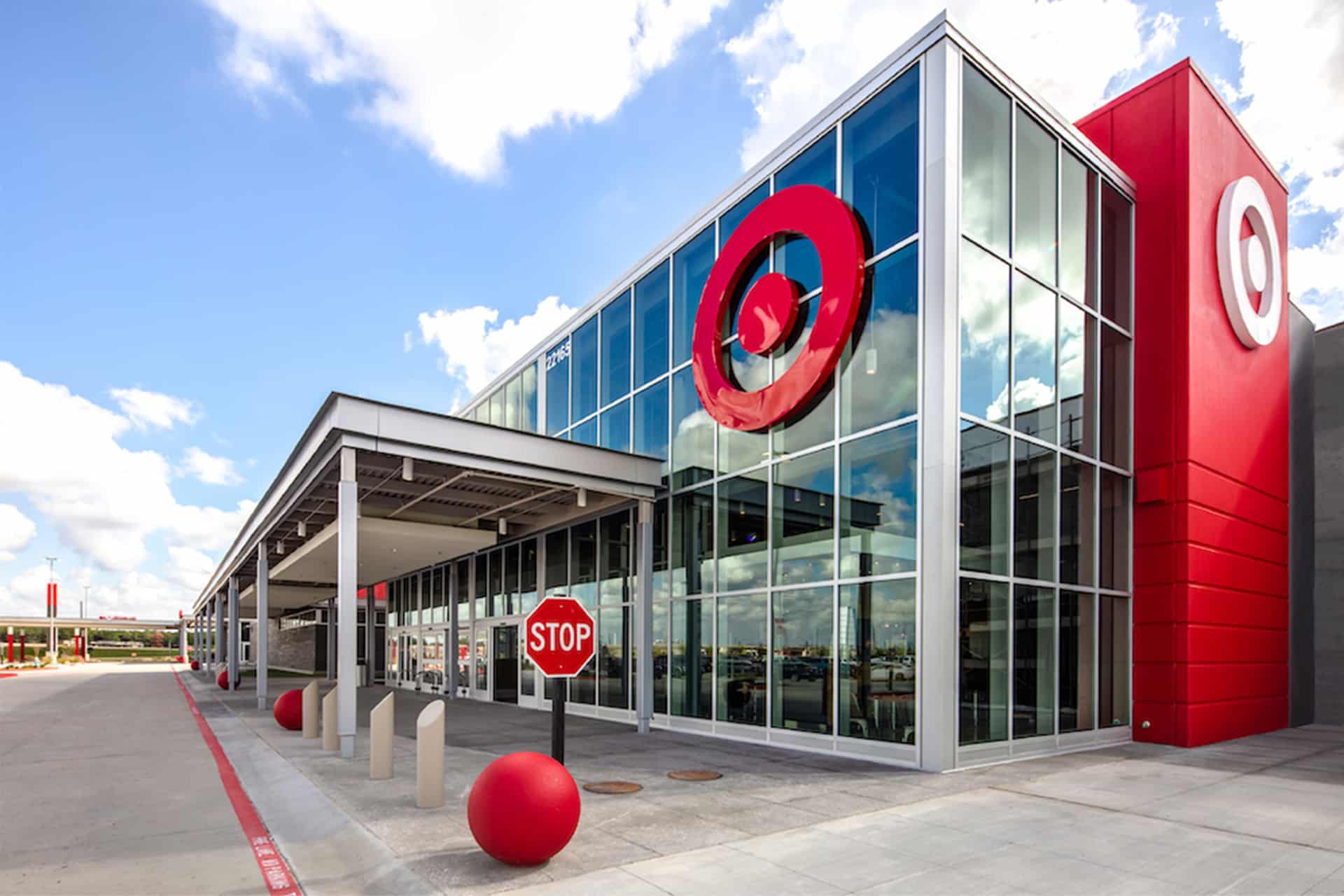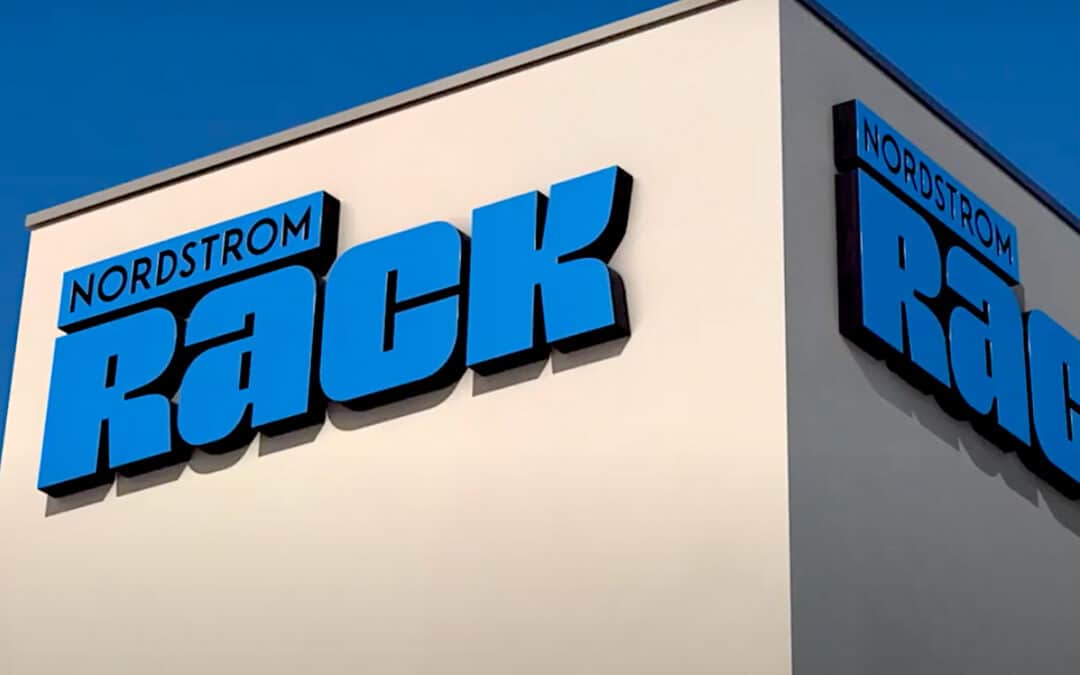As it deals with tariffs and a tough consumer environment, Target said it now expects a slight sales decline in fiscal 2025 after missing Wall Street first quarter estimates but maintained that the company had initiatives in place to address the headwinds it faces.
Brian Cornell, Target chair and CEO, said in a conference call that, as the company looks for ways to mitigate the effect of tariffs, raising prices would be a “last resort.”
Target announced that it had established a multi-year Enterprise Acceleration Office to drive greater speed and agility across the company, positioning it to deliver faster progress on growth. Michael Fiddelke, Target executive vice president and chief operating officer, will oversee the initiative to improve how functions work together as Target advances key priorities ranging from simplifying cross-company processes to using technology and data in new ways to power how people work. The company also announced executive changes, including the exit of its chief legal and compliance officer.
Net earnings were $1.04 billion, or $2.27 per diluted share, versus $942 million, or $2.03 per diluted share, in the year-previous quarter, Target reported. Adjusted for one-time events, primarily a litigation settlement in the fiscal 2025 first quarter, earnings per diluted share were $1.30 versus $2.03 in the year-before period.
Target fell short of a Zacks Investment Research analyst consensus estimate for adjusted diluted earnings per share of $1.62 and revenues of $24.23 billion
With both traffic and average transactions down, comparable sales decreased 3.8% in the quarter year over year, with a comp store sales decline of 5.7% and comp digital sales growth of 4.7%. Net sales were $23.85 billion versus $24.53 billion in the year-prior quarter. Operating income was $1.47 billion versus $1.3 billion in the year-earlier period. Operating income included a $593 million in pre-tax gains from the litigation settlement, the company indicated.
As part of the company’s first quarter conference call, Cornell said the company continued to face strategic headwinds in the first quarter, including weakness in consumer discretionary spending, which has adjusted down from elevated levels during the COVID-19 pandemic and has been pressured by inflation. He said Target believed that five consecutive months of declining consumer confidence and uncertainty about the impact of potential tariffs also impacted the first quarter. Among Target’s responses to the market environment was its move to introduce more than 10,000 new items starting as low as $1 this summer. Cornell maintained that, in the quarter, results such as the gain in digital sales demonstrated that Target is moving in the right direction regarding how it approaches sales and expanding services such as the company’s Rondell retail advertising operation.
In addressing ongoing tariff issues, Cornell said, “We’re focused on supporting American families as they manage their budgets. We have many levers to use in mitigating the impact of tariffs, and price is the very last resort. Our strategy is to remain price competitive by leveraging the capabilities, long-standing relationships and the scale that set us apart for many of our retail peers.”
In regards to tariffs, Rick Gomez, Target executive vice president and chief commercial officer, said the company has been working to offset the vast majority of duty effects, leveraging scale and a multi-category approach to business that provides flexibility in operations. He added that the productive partnerships Target has built with suppliers and its strong global sourcing team have helped the company navigate tariffs, including through diversifying the country of production. Half of what Target sells today comes from the United States. With own brands, Target has been diversifying countries of production such that it has managed to lower the proportion of private label goods coming out of China from 60% to 30%, Gomez said, and it intends to lower that figure to 25% by the end of next year. Target is expanding sourcing from additional countries in Asia and the Western Hemisphere, and the company continues exploring opportunities to acquire more inventory in the U.S.
In the immediate future, Gomez said the company will employ its marketplace operation to expand selection, with home and apparel categories getting specific attention, and grow gross merchandise value to $5 billion by 2030. He said that, in the first quarter, strongest performing businesses were women’s swimwear, performance and toddler among apparel segments, and seasonal merchandise, books and produce and floral. As summer approaches, Gomez said that Target has developed an easy-to-shop assortment of on-trend, affordable mix-and-match products for college-bound customers, even as it makes same-day delivery more affordable for Target 360 loyalty program members.
Cornell noted that the Enterprise Acceleration Office is part of a strategic commitment to nimbler operations across the Target enterprise, “creating conditions for speed, adaptability, innovation and resilience. It goes beyond improving efficiency to build operational muscles that clear the way for our talented team to deliver for our guests while accelerating our performance and growth. This effort is a natural extension of our roadmap for growth, and the work will benefit greatly from Michael’s leadership and his track record of simplifying complexity and championing cross-functional collaboration.”
Fiddelke pointed out in the conference call that using technology to streamline and modernize the core inventory management and allocation processes to accelerate the pace of operations was one priority for the office.
As it discussed other developments, Target also detailed changes in the executive suite that include:
- Prat Vemana, chief information and product officer, will report directly to Brian Cornell and assume leadership of the Target in India global capability center.
- Jim Lee, chief financial officer, oversees Target’s enterprise strategy and partnerships.
- Gomez will assume responsibility for Target’s enterprise insights team.
- Christina Hennington, chief strategy and growth officer, will move into a strategic advisor role through September 7 as she prepares to leave Target.
- Amy Tu, chief legal and compliance officer, has departed Target.
Near term, Melissa Kremer, chief human resources officer, will oversee the legal and compliance function while Target conducts an external search to fill Tu’s former role.
In announcing first quarter results, Target noted that it now expected a low single-digit decline in sales after forecasting 1% growth as it released fourth quarter earnings. The company anticipated that GAAP earnings per share would come in between $8 and $10, and adjusted EPS between $7 and $9 after predicting GAAP and adjusted earnings per share of between $8.80 and $9.80..
In announcing the financial results, Cornell said, “In the first quarter, our team navigated a highly challenging environment and focused on delivering the outstanding assortment, experience and value guests expect from Target. While our sales fell short of our expectations, we saw several bright spots in the quarter, including healthy digital growth, led by a 36% increase in same-day delivery through Target Circle 360, and our strongest designer collaboration in more than a decade, kate spade for Target. While these highlights reinforce our confidence in the underlying health of our business, we’re not satisfied with current performance and know we have opportunities to deliver faster progress on our roadmap for growth. This morning, we announced the establishment of a multi-year acceleration office, led by Michael Fiddelke, along with several leadership changes. These steps forward are intended to build more speed and agility into how we operate and position key capabilities to drive long-term profitable growth. With these changes and the financial strength to continue investing in our business, I’m confident we can emerge as an even stronger company over time.”





